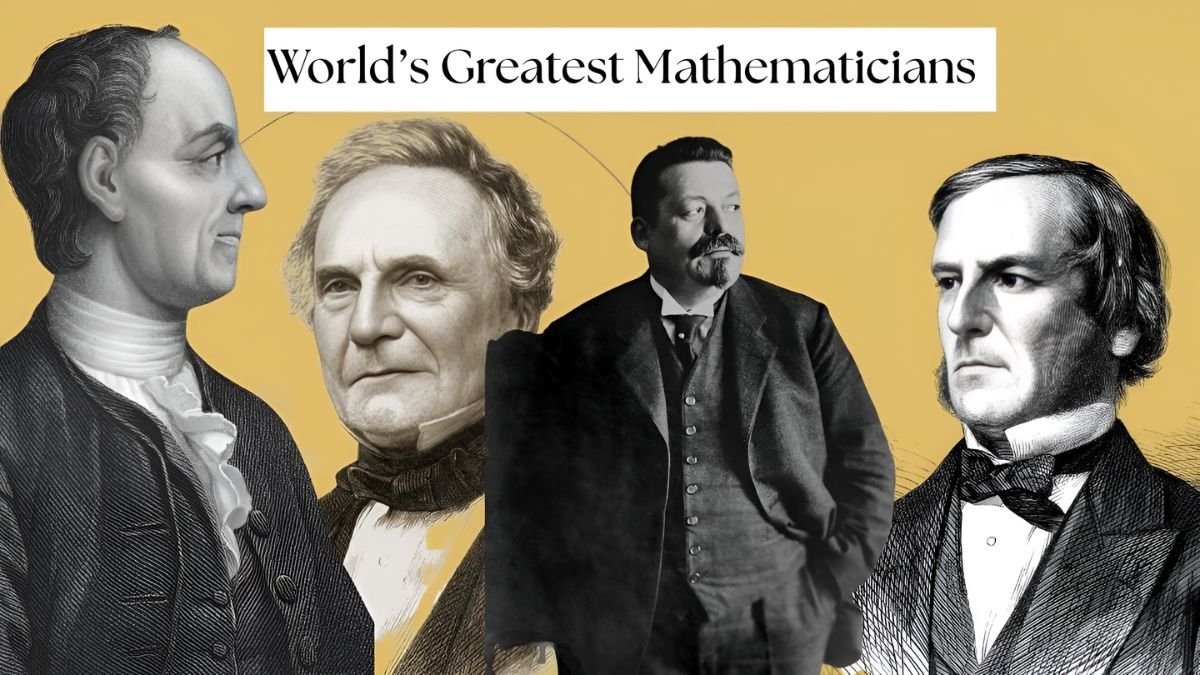Most Famous Mathematicians in the World (9 Only) — Learn in Hindi Easy
Throughout history, outstanding brilliance has reshaped mathematics—from Aryabhata’s “zero” to Euclid’s geometry, theorems of Newton, Euler, and Gauss. Below are nine mathematicians with a small introduction whose discoveries changed the way we understand numbers, logic, and the universe.
1) Archimedes (c. 287–212 BC)
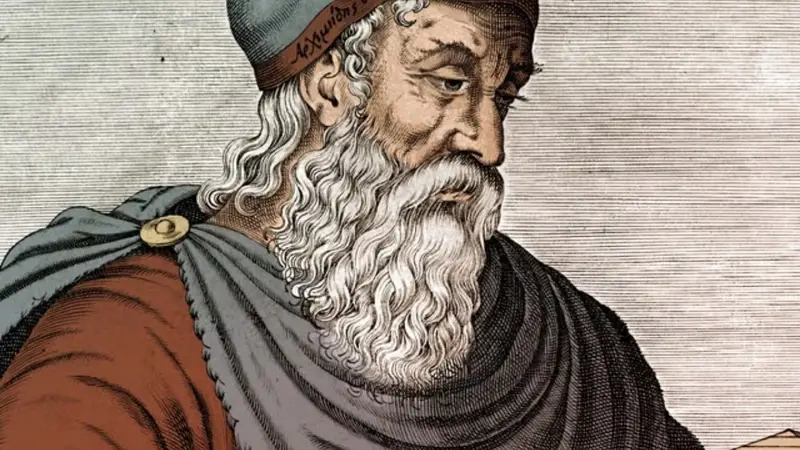
The law of the lever, the principle of buoyancy/floatation, and the foundations of geometry and calculus. A pioneer into finding better values of π (pi).
2) Pythagoras (c. 570–495 BC)
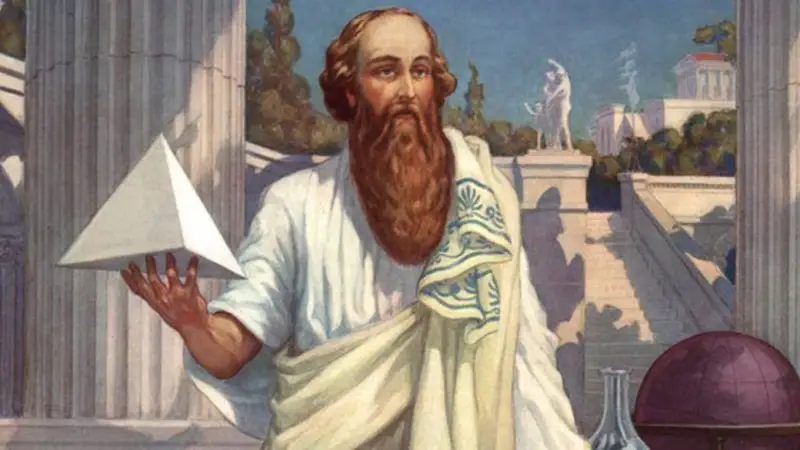
The famous Pythagorean theorem. He believed that “numbers govern the universe”; linked musical tones and proportions to mathematics.
3) Euclid (c. 300 BC)
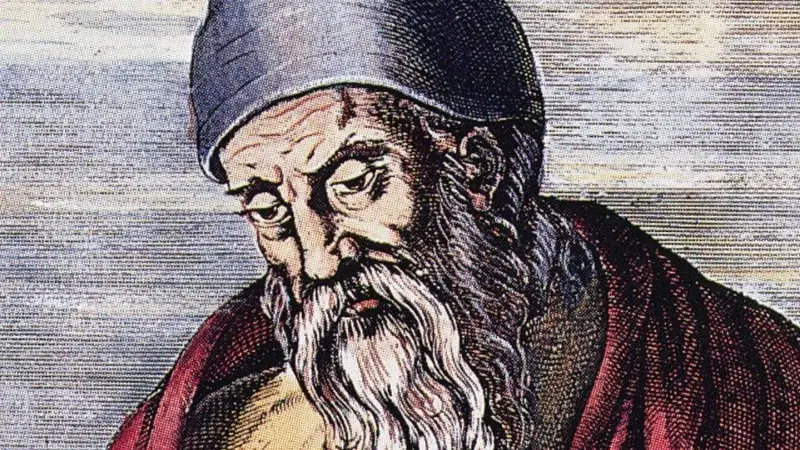
“The Father of Geometry.” His book Elements set the standard for teaching geometry over 2000 years; provided axioms and solid proofs.
4) Aryabhata (c. 476–550 AD)
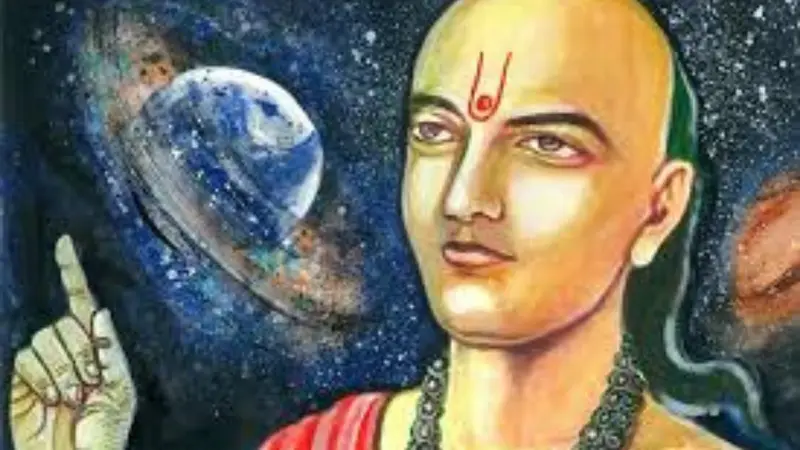
Major contributions toward the development of zero and the place-value system; pioneered early trigonometry (e.g., sine) and astronomy.
5) Muhammad ibn Musa al-Khwarizmi (c. 780–850 AD)
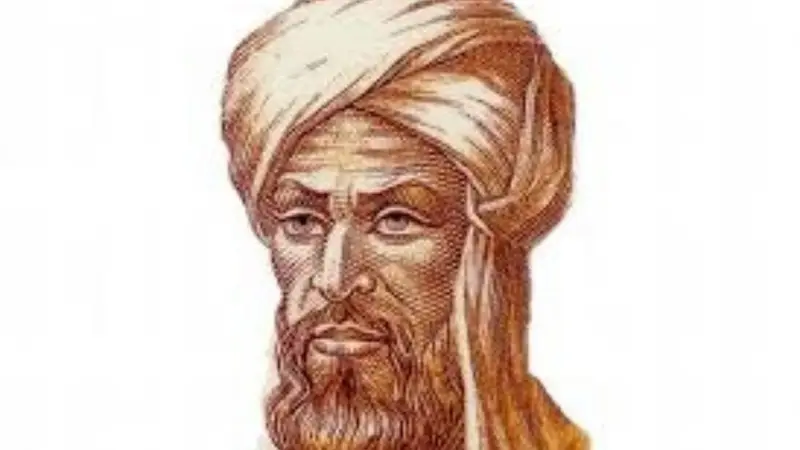
Algebra is established as an independent discipline (from al-jabr, “algebra”). The word “algorithm” derives from his name; popularized Hindu-Arabic numerals.
6) René Descartes (1596–1650)
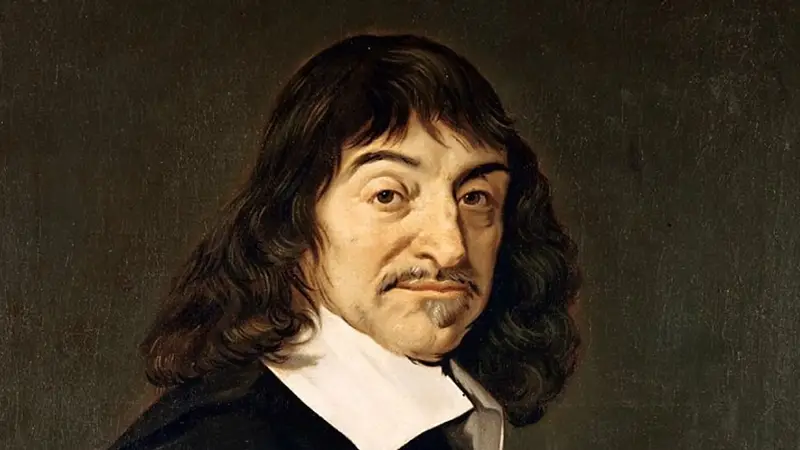
Algebra and geometry were brought together by introducing the Cartesian system (x-y), upon which modern analytical geometry and scientific thinking are built.
7) Isaac Newton (1643–1727)
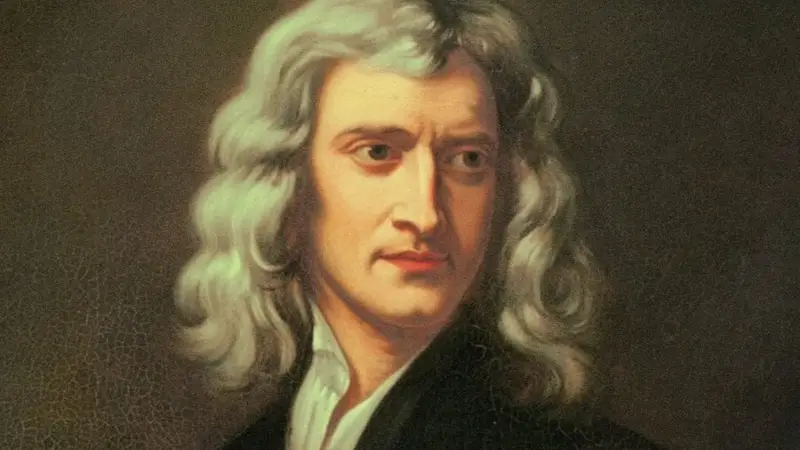
Co-inventor of calculus; stated laws of motion and universal gravitation (Principia). Its greater impact on physics, astronomy, and engineering.
8) Leonard Euler (1707–1783)
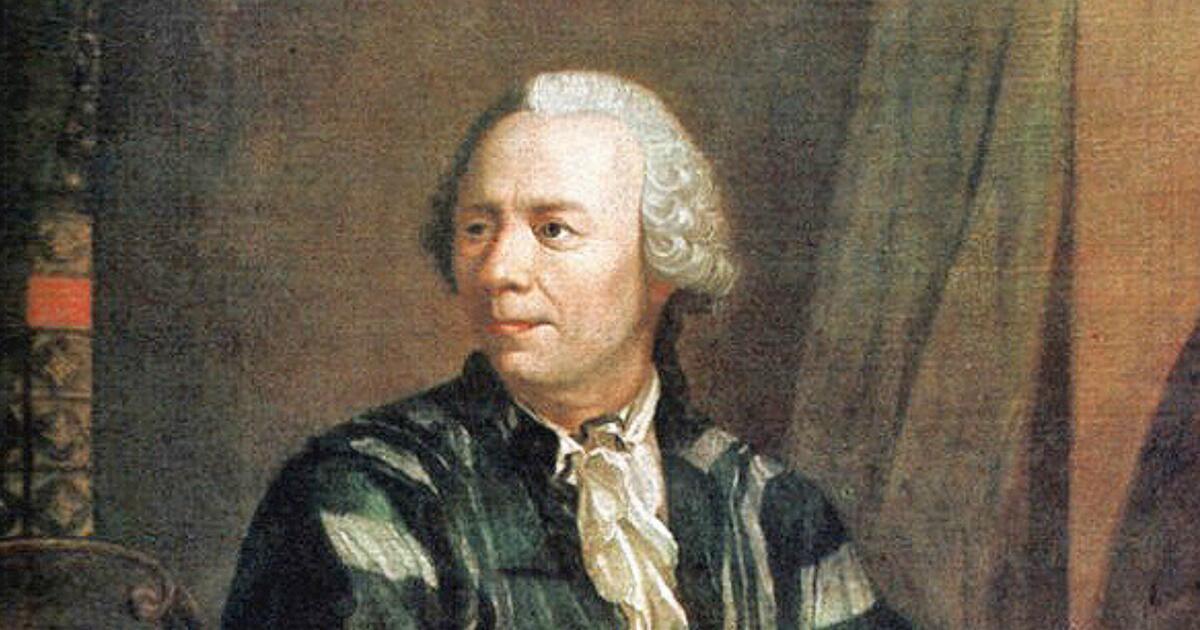
Popularized modern notation e, i, and π; contributed significantly to number theory, graph/topology, and calculus—all into one. Even after losing sight, wrote several hundreds of theses.
9) Carl Friedrich Gauss (1777–1855)
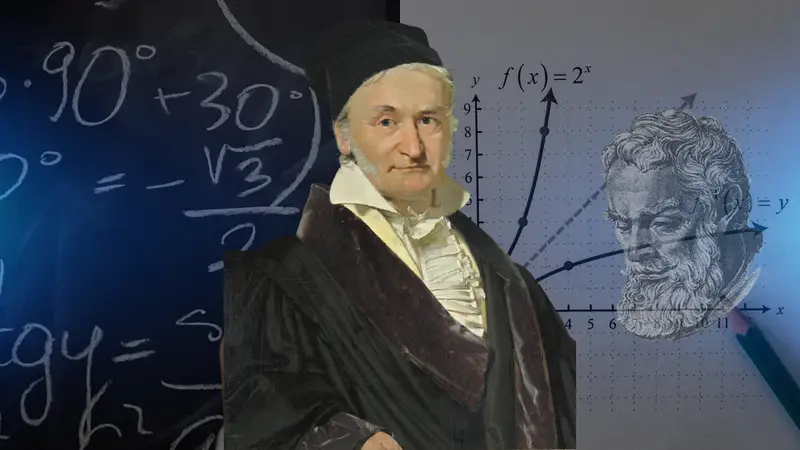
“Prince of Mathematicians.” Indelible work in number theory, statistics, magnetism, and astronomy; brought rigor and depth to mathematics.
Interesting Facts to Remember Quickly
- Archimedes, while bathing, cried out “Eureka!” after understanding the principle of buoyancy—a symbol of the joy of discovery.
- Euclid’s Elements remained the normative geometry textbook for centuries.
- Pythagoras showed that the melody of music was created by musical ratios.
- Newton’s view of gravity came from watching an apple fall—this changed science into a new direction.
- By adding all of the numbers 1 to 100 in an instant at age 10, Gauss stunned everyone.
- Despite being blind, Euler wrote more than 800 theses/books—an astonishing productivity.
- Today, every graph and geometric analysis stands on Descartes’ coordinate system.
- Al-Khwarizmi introduced the words “algebra” and “algorithm”; thus, the language of problem solving changed.
- Without Aryabhata’s zero and the place-value system, concepts such as decimals, computers, and finance would never have existed.
Ending
Mathematics is not only “calculation” but also contains the language of logic and imagination.
From Archimedes to Gauss, these great men have shaped science, technology, architecture, computers, and AI using geometry, algebra, calculus, and number theory. Their discoveries continue to inspire us toward thinking better, measuring more accurately, and constructing new worlds.
